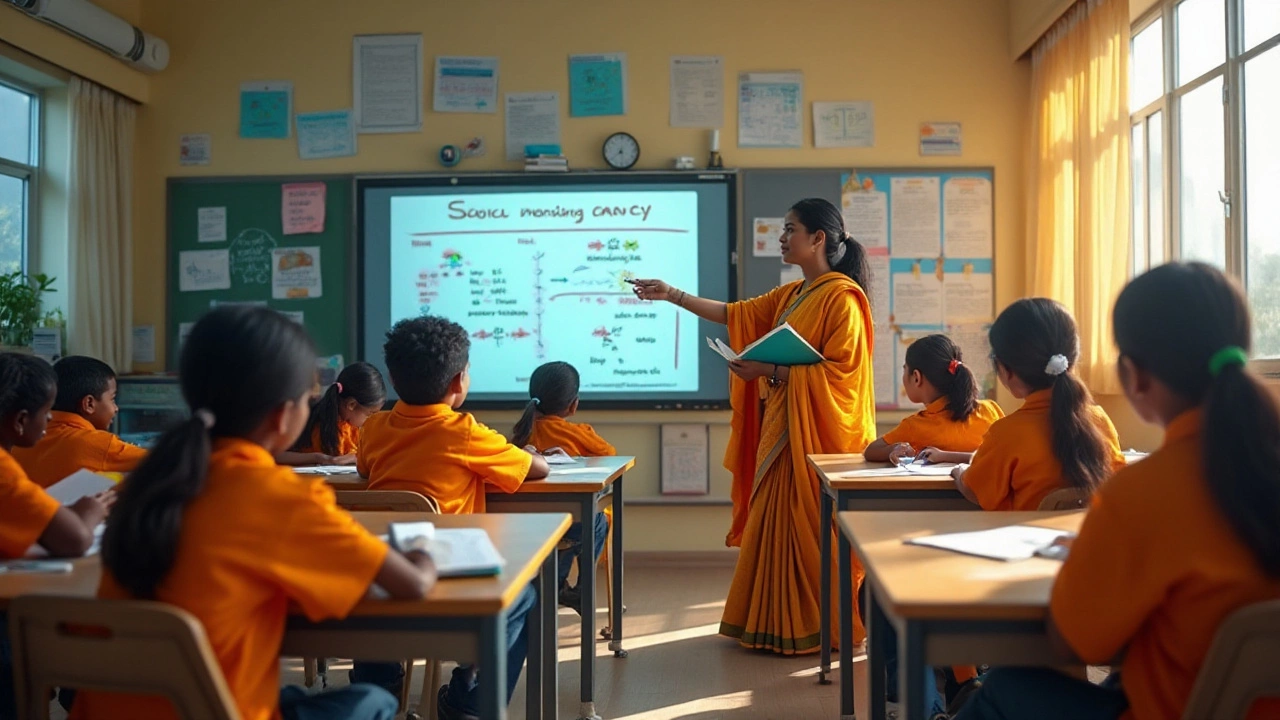CBSE Board – Your Quick Guide to Exams, Syllabus, and Future Options
Thinking about the CBSE board? You’re not alone. Millions of Indian students choose CBSE for its clear syllabus, nationwide recognition, and strong focus on science and math. Whether you’re in class 10, gearing up for class 12, or already eyeing medical entrance exams, this guide gives you the real‑world info you need right now.
Why CBSE Stands Out
First off, CBSE (Central Board of Secondary Education) is a national board run by the government. That means every CBSE school follows the same textbook list, exam dates, and grading rules, no matter where you live. This uniformity makes it easier to move between states, and it also aligns the curriculum with competitive exams like JEE and NEET. In short, studying under CBSE keeps your options wide open.
Another big plus is the emphasis on application‑based learning. Instead of memorising endless facts, CBSE pushes you to solve problems, do experiments, and write analytical answers. That style matches the format of engineering and medical entrance tests, so you’ll already be practicing the skills those exams demand.
Key Features of the CBSE Curriculum
1. Streamlined Syllabus – The CBSE syllabus is broken down into clear topics for each subject. For physics, chemistry, and biology, you’ll find well‑defined chapters that map directly to NEET questions. The same goes for maths, which is organized to cover fundamentals before moving to harder concepts.
2. Continuous Assessment – Apart from the big board exams in March, CBSE includes periodic tests, project work, and internal assessments. This helps you track progress and reduces the shock of a single high‑stakes exam.
3. Choice of Subjects – In class 11‑12 you can pick from Science, Commerce, or Humanities streams. If you’re aiming for a medical career, the Science stream with Biology is the clear route. CBSE also offers optional subjects like Computer Science, which can boost your coding skills.
4. Exam Pattern – The board exams feature a mix of MCQs, short answer, and long answer questions. For Science subjects, the paper includes a practical component where you interpret lab data or draw diagrams. Knowing this pattern helps you design a study plan that balances theory and practice.
Now, let’s talk about the biggest question many students ask: Is CBSE the best board for becoming a doctor? The short answer is yes. A recent survey of NEET toppers showed that over 70 % came from CBSE schools. The reason? CBSE’s syllabus aligns closely with the NEET blueprint, and the board’s focus on problem‑solving builds the analytical mindset needed for medical exams.
If you’re already in class 10, start by mastering the NCERT textbooks – they are the core resource for CBSE. Solve previous years’ board papers, and use online mock tests to gauge your speed. For class 12, add NEET‑specific practice sets after covering each chapter. Consistency beats cramming every time.
Lastly, don’t ignore the extra resources CBSE provides. The board releases sample papers, marking schemes, and a detailed curriculum guide every year. Download them from the official website and keep them handy while you study.
Bottom line: CBSE gives you a solid academic foundation, a syllabus that matches national entrance exams, and a flexible learning path. Whether you aim for engineering, medicine, or any other career, the board’s structure prepares you to succeed. Use this guide as a checklist, stay disciplined, and you’ll be on the right track to achieve your goals.

